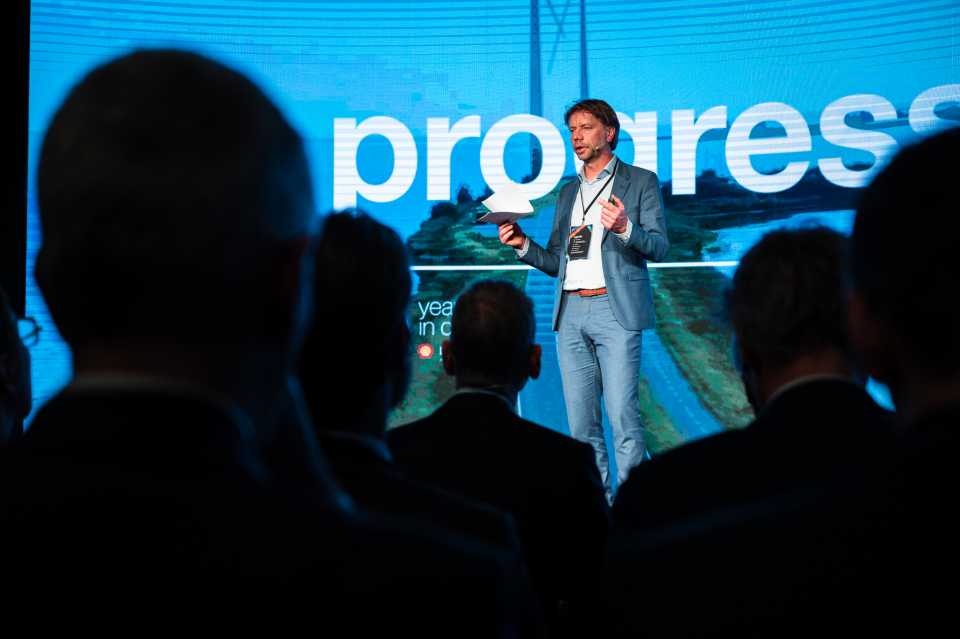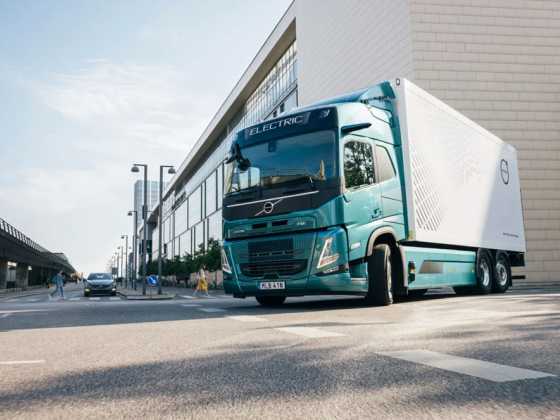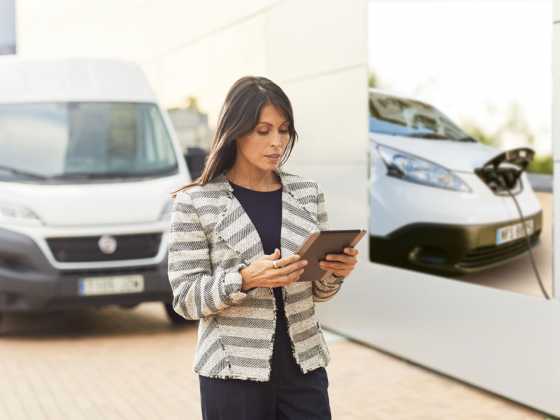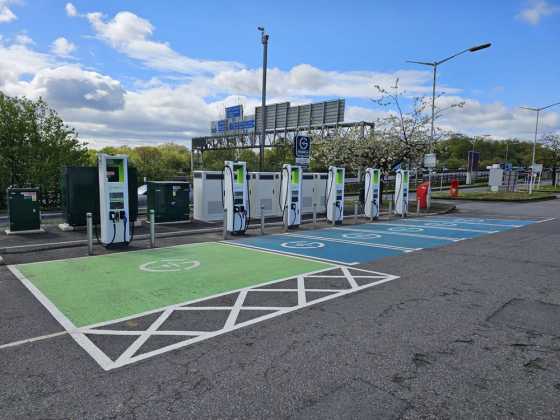Half of EV drivers worry about upcoming charge point shortage

According to NewMotion's EV Drivers Survey 2020, almost half (45 percent) of electric vehicle (EV) drivers worry about a future lack of available charge points.
In addition, half (46 percent) of the surveyed drivers mention an increase in the availability of charge points as the one thing that will significantly improve their charging experience.
41 per cent said the use of a single charge card would be an important improvement to the EV charging experience.
The results were presented during the 10 year anniversary event of NewMotion on 18 February in Amsterdam.
77 per cent have a charge point at home while more than half of them (55 percent) have a charge point available at work. From the respondents who do not have a charge point at home, 53 percent say they also do not have one available at work. The survey shows that 61 percent of the people without a charge point at home use a standard socket to charge their EV at home, which can lead to safety issues such as overcapacity of the sockets and cables¹.
Sytse Zuidema, CEO at NewMotion said: “Electric driving is the undisputed future of mobility in Europe. The industry is currently at the crossroad of the mobility and energy transition as electric driving has become more popular and is upscaling into its next phase: mass adoption. We’re ready for the mass adoption of EV charging with our smart solutions that make charging easy and accessible for everyone.”
“At NewMotion, we want to lower barriers for EV driving. To make e-mobility accessible for everyone, the industry needs to mature, and we’d need to see improved collaboration between all parties in the energy transition, but particularly car manufacturersand EV charging solution providers . This will be the only way to live up to the promising future of electric driving.”
EV drivers on average carry 2.5 charge cards and 15 percent even have 5 or more cards. EV drivers in France carry the most charge cards (3.48 cards on average), followed by Germany (3.37) and the United Kingdom (3.19). The situation is better in the Netherlands (1.82) most likely because most charge points are interoperable and because of the high volume of charge points, which is the highest in Europe.²
The price of charging is an important topic amongst EV drivers. 43 percent of EV drivers say they know what they will pay for a charging session before starting the session. 37 percent say they will specifically look up the price of a session before they start charging. Two out of five respondents say they’ve had at least one instance where the actual price of a charging session turned out to be different than a price shown beforehand at the charge point.
For those who own a charge point, ‘ease of use’ is the most important factor when choosing a charging solution, with more than half (52 percent) citing this as their main purchasing driver. A third (33 percent) mention the price of the charge point as important, while a quarter (26 percent) say that a recommendation from a third party such as a leasing company, a car dealer or employer, as most influential to their decision.
Saving money is the most mentioned reason for switching to an electric vehicle. 61 percent of EV drivers say they drive an EV to save money, closely followed by the driving experience (58 percent). A quarter of the EV drivers mention secondary benefits as an important driver to switch to an electric vehicle. The contribution to a better environment (10 percent) is not frequently mentioned as a main reason for switching to an EV, although EV drivers generally see themselves as ‘environmentally conscious’ (81 percent).



